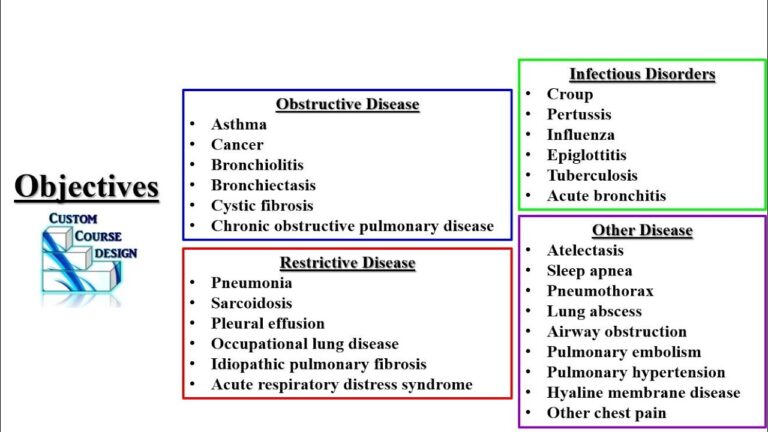Uncover the World: Journalist Job Description & Salary

Journalist Job Description Template
Journalist Job Description A journalist is a professional who is responsible for gathering, investigating, and reporting news and information to the public through various mediums such as newspapers, magazines, television, radio, and the internet. Their main role is to provide objective and accurate news stories that inform and educate the audience. Journalists are required to conduct thorough research and interviews to gather information for their stories. They must have excellent communication skills to effectively interview sources and gather facts. They also need to possess strong writing skills to present the information in a clear and concise manner. Journalists often work under tight deadlines and must be able to work efficiently and effectively under pressure. In addition to reporting news, journalists may specialize in specific areas such as politics, sports, entertainment, or business. They may also be responsible for investigating and uncovering stories that are of public interest. Journalists play a crucial role in upholding the principles of freedom of expression and the right to information. Two important qualities that journalists should possess are objectivity and integrity. Objectivity means that journalists should present information without bias or personal opinion, allowing the audience to form their own judgments. Integrity is vital in maintaining the trust and credibility of journalists, as they have a responsibility to report the truth and avoid any conflicts of interest. In conclusion, a journalist is a dedicated professional who plays a vital role in providing accurate and reliable news and information to the public. Their job requires excellent research, interviewing, and writing skills, as well as a commitment to objectivity and integrity.Journalist Responsibilities
Journalist Requirements
How Much Does A Journalist Make?
Journalist Salary
| Job Title | Annual Salary |
|---|---|
| Reporter | $40,000 – $70,000 |
| News Anchor | $60,000 – $120,000 |
| Editor | $50,000 – $90,000 |
| Photojournalist | $30,000 – $70,000 |
Journalist salaries vary depending on many factors including experience, location, and organization. Reporters earn an annual salary between $40,000 and $70,000, while news anchors have a higher salary range of $60,000 to $120,000. Editors fall in the middle with an annual salary between $50,000 and $90,000. Photojournalists generally earn between $30,000 and $70,000 per year. It’s important to note that these figures are approximate and can vary significantly based on individual circumstances.
Journalist Salaries by Country
Top Paying Countries for Journalists
| Country | Salary Range (USD) |
|---|---|
| Switzerland | $85,000 – $110,000 |
| United States | $50,000 – $90,000 |
| Australia | $40,000 – $80,000 |
| United Kingdom | $30,000 – $70,000 |
| Canada | $35,000 – $65,000 |
Journalist salaries vary significantly across different countries. According to available data, some of the top paying countries for journalists include Switzerland, United States, Australia, United Kingdom, and Canada. In Switzerland, journalists can expect to earn between $85,000 and $110,000 annually, making it one of the highest-paying countries. The United States follows suit, with salary ranges between $50,000 and $90,000. Australia, United Kingdom, and Canada also offer competitive salaries in the range of $30,000 to $80,000, depending on experience and qualifications. It is important to note that these figures are approximate and may vary based on factors such as location, job position, and media organization.
A video on the topic Journalist
Video Source : journalist saiInterview Questions for Journalist
1. What inspired you to become a journalist?
I have always had a passion for storytelling and a strong desire to bring important information to the public. Journalism allows me to combine these interests and make a positive impact on society.
2. How do you stay objective and unbiased in your reporting?
To stay objective and unbiased, I make sure to gather information from multiple sources, verify facts, and present both sides of a story. I strive to separate my personal opinions from the news I report, focusing on presenting the facts accurately and fairly.
3. How do you handle sensitive or controversial topics in your reporting?
When dealing with sensitive or controversial topics, I approach them with sensitivity and ensure that I thoroughly research and fact-check all information before reporting. I also strive to provide a balanced perspective by including various viewpoints and giving a voice to all relevant parties involved.
4. What role do you believe journalists play in society?
I believe journalists play a crucial role in society by informing the public, holding individuals and institutions accountable, and acting as a bridge between the people and those in power. They have the power to influence public opinion and shape the discourse on important issues.
5. How do you keep up with the constantly evolving media landscape?
I stay updated with the constantly evolving media landscape by regularly reading industry publications, attending conferences and workshops, and actively engaging with other journalists and professionals in the field. I also make an effort to adapt to new technologies and platforms to effectively reach and engage with my audience.
6. How do you handle tight deadlines and pressure in your work?
I have developed strong time management and organizational skills to handle tight deadlines and pressure effectively. I prioritize tasks, break them down into smaller achievable goals, and work efficiently to meet deadlines. I also maintain open communication with my team and editors to ensure everyone is aware of the progress and any potential challenges.
7. How do you ensure the accuracy of your sources?
I ensure the accuracy of my sources by cross-referencing information from multiple sources, verifying facts through official documents or reliable experts, and conducting thorough interviews. I also make sure to disclose the sources of my information to maintain transparency and credibility.
8. How do you approach interviewing subjects for your articles?
I approach interviewing subjects by conducting thorough research beforehand to familiarize myself with the topic and the person. I prepare a list of relevant and thought-provoking questions to encourage the interviewee to provide insightful and detailed responses. I also actively listen, ask follow-up questions, and create a comfortable environment to encourage open and honest communication.
9. How do you prioritize which stories to cover?
I prioritize stories based on their relevance, impact, and timeliness. I consider the potential audience interest, the significance of the story to the community or society, and the potential for bringing about positive change or raising awareness on important issues.
10. How do you adapt your writing style to different mediums, such as print, online, or broadcast?
I adapt my writing style to different mediums by understanding the specific requirements and preferences of each medium. For print, I focus on providing detailed information and a strong narrative. For online platforms, I ensure my writing is concise, engaging, and optimized for search engines. In the case of broadcast, I aim for clear and concise language, emphasizing key points and using visuals effectively.






